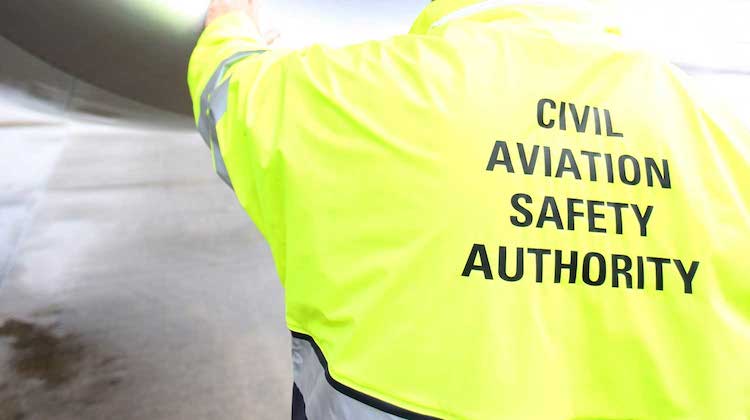Deputy Prime Minister and Minister for Infrastructure and Regional Development Warren Truss has issued a fresh Statement of Expectations (SOE) for the board of the Civil Aviation Safety Authority (CASA).
The new SOE will apply until June 30 2017 and calls on the CASA board to, among other things, “continue to focus on aviation safety as the highest priority” and operate as a world leading aviation safety regulator.
It also says CASA should “maintain high standards of professionalism, service, probity, reporting, accountability and transparency”.
And the SOE asks CASA to provide a plan for how it will implement the relevant recommendations in the Aviation Safety Regulatory Review (ASRR) in an effective and timely manner.
CASA Director of Aviation Safety (DAS) Mark Skidmore said in his April Briefing Note the “finishing touches” were being made to its response to the ASRR.
“This plan sets out in detail how CASA will achieve the Government’s requirements and when actions are scheduled be completed, with some being ongoing,” Skidmore said.
“Key elements of the implementation plan will be fully embedded in CASA’s 2015-16 to 2018-19 corporate plan. By doing this CASA’s goals will be clearly and publicly stated and our performance in reaching these goals will be reported to the Government, the aviation community and the general community.
“In other words, we are being open and honest with everyone in our commitment to deliver on the Government’s response to the review.”
Skidmore said CASA had also started work on a longer-term strategic plan for the next 15 years, called Flight Plan 2030.
“My aim is to establish a common understanding with the aviation and wider community about how we will continue to deliver optimal aviation safety outcomes, while responding to a dynamic and growing aviation industry,” Skidmore said.
“CASA recognises positive engagement with the aviation community is necessary to develop and implement the best possible safety standards, deliver effective safety education and get the right operational outcomes.
Meanwhile, CASA said changes to the rules for the commercial operation of small remotely piloted aircraft were being finalised and expected to come in during the second half of 2015.
“These changes will remove the requirement for commercial operations of remotely piloted aircraft weighing less than two kilograms to have approvals from CASA as long as the flights are conducted according to standard operating conditions,” CASA said.
Skidmore added: “We are considering the long term integration of remotely piloted aircraft into aviation operations in all classes of airspace. However, there are significant technological advances, regulatory changes, training and skills, procedures, documentation and education that need to happen before integration into all classes of airspace can take place.
CASA sought comment on proposed rule changes for remotely piloted aircraft (RPA) in 2014.





